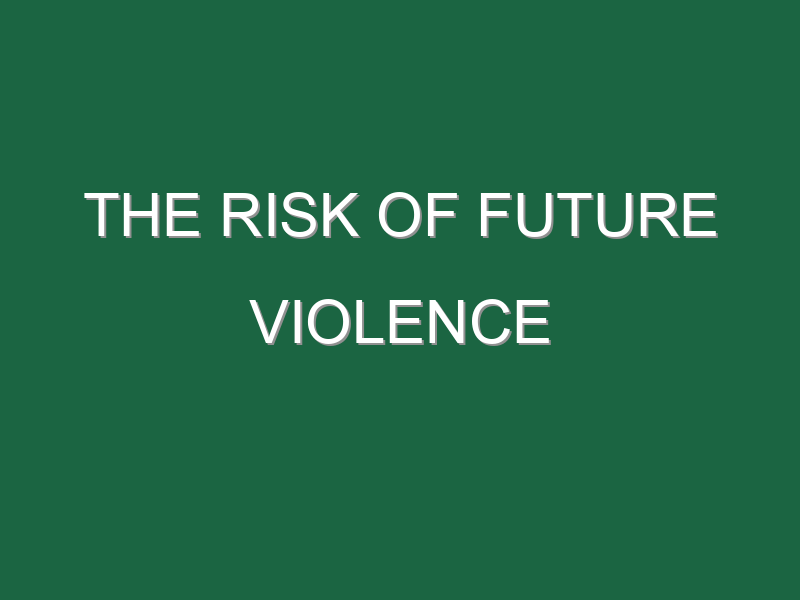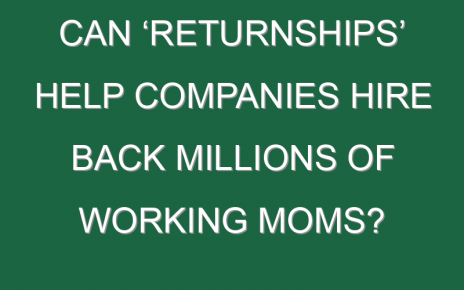Tech companies are taking vastly different approaches to managing the threat of future violence following the riots at the U.S. Capitol last week.
On Wednesday, Airbnb announced that it is cancelling and blocking reservations within the Washington, D.C., area during the week of President-Elect Joe Biden’s inauguration. Brian Chesky, Airbnb’s CEO, tweeted the news saying the company will refund all cancellations and pay hosts in full for any lost bookings. Several of Chesky’s followers lauded Airbnb, calling the decision “proactive” and “the right move.”
Meanwhile, at Reuters’ Next virtual forum, Alphabet CEO Sundar Pichai said he backed YouTube’s decision to temporarily suspend, rather than permanently ban, President Donald Trump’s account. Tuesday night, YouTube removed one of Trump’s videos for violating its policies and suspended the account from posting any new videos for at least seven days. Trump won’t be banned unless he violates YouTube’s policies three times within a 90-day period, YouTube told me earlier this week.
“There is a three-strike process,” Pichai said on Wednesday. “We put the best-faith effort to be consistent and clear and transparent about how we [moderate content].”
But Steve Adler, Reuters’ editor-in-chief, didn’t let Pichai off easy. “You’re doing things after the fact,” he told the executive. “Is it a little like getting a smoke detector after the house was already burning?”
And that’s the challenge currently facing several tech companies: How proactive should tech companies in taking steps to prevent future violence?
Social media critics have long said services like Twitter, Facebook, and YouTube have been too slow to react. Critics argue the services have allowed public figures like Trump to continuously spew inflammatory comments under the guise of free speech, and that ultimately resulted in real-world violence.
Following the Capitol riots, Facebook and Twitter cracked down on Trump, both banning Trump from their services “indefinitely” in hopes of preventing violence over the next couple of weeks. The decisions outraged Trump supporters, many of whom already believed social media services unfairly censored their views—a complaint that was reprised by Republicans during Wednesday’s impeachment hearing.
And Twitter CEO Jack Dorsey seems to still be conflicted about banning Trump. “We faced an extraordinary and untenable circumstance, forcing us to focus all of our actions on public safety,” he tweeted, defending the decision only to raise issue with it in his following comment. “I feel a ban is a failure of ours ultimately to promote healthy conversation.”
If Dorsey’s comments tell us anything about the headspace of tech CEOs right now, it’s that they’re struggling to navigate this situation (if that wasn’t already obvious). And maybe, just maybe, it’s because they shouldn’t be the sole people responsible for making these decisions to begin with.
Danielle Abril
@DanielleDigest
[email protected]



